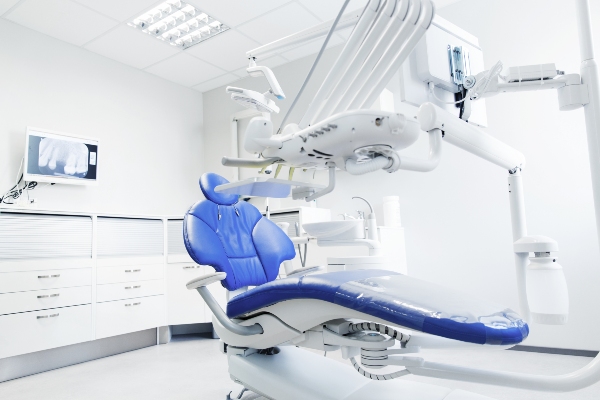 An emergency dentist can provide immediate care, and being prepared can help protect your teeth and alleviate pain while waiting for treatment. Whether you are dealing with a knocked-out tooth, severe pain, or a broken filling, having a plan in place can prevent further damage. Knowing how to manage a dental emergency before it occurs can help maintain a healthy smile.
An emergency dentist can provide immediate care, and being prepared can help protect your teeth and alleviate pain while waiting for treatment. Whether you are dealing with a knocked-out tooth, severe pain, or a broken filling, having a plan in place can prevent further damage. Knowing how to manage a dental emergency before it occurs can help maintain a healthy smile.
Common dental emergencies
Dental emergencies can range from severe toothaches to knocked-out or broken teeth, as well as lost fillings or crowns. Infections or gum swelling also require prompt attention. Recognizing the signs of a dental emergency, such as persistent pain or sudden injury, is key to seeking timely care from an emergency dentist and preventing further damage. Immediate treatment for issues like a toothache lasting more than a day or a knocked-out tooth can significantly improve outcomes, while any injury causing bleeding, swelling, or sharp pain should be treated as urgent.
What to do in a dental emergency
Taking the right steps can protect the teeth and reduce discomfort. Here is what to do in the event of a:
Knocked-out tooth
Hold the tooth by the crown, not the root, and rinse it with water if it is dirty. If possible, place it back in the socket. If that is not an option, keep it in a container of milk or saliva and get to an emergency dentist quickly.
Toothache
Rinse the mouth with warm water and use dental floss to remove anything stuck between the teeth. A cold compress can help reduce swelling. Avoid putting aspirin directly on the gums, as this can cause irritation. See an emergency dentist if the pain is severe or lasts more than a day or two.
Broken tooth
Rinse the mouth with warm water and keep any broken pieces if possible. A cold compress can help with swelling, and sugar-free gum or dental wax can cover any sharp edges. An emergency dentist will assess the tooth and discuss restoration options. The sooner this is done, the higher the chances of avoiding infection and further tooth damage.
Lost filling or crown
If a crown falls off, try to place it back on the tooth using dental cement or toothpaste. A piece of sugar-free gum can temporarily cover a lost filling. See an emergency dentist as soon as possible to help prevent further damage.
How to prepare for a dental emergency
A few simple steps can make handling a dental emergency easier. Keeping a dental emergency kit at home or in a bag can provide quick relief before seeing a dentist. A kit should include gauze, a small container with a lid, dental floss, dental wax, and pain relievers. Having the contact information for an emergency dentist saved in a phone or written down can also save time during a stressful situation.
Being ready for a dental emergency
A dental emergency can be painful and stressful, but being prepared can make a big difference. Knowing how to respond and having the right tools can help protect teeth until an emergency dentist provides care. Contact Dragonfly Dental of Port Charlotte to learn more about our emergency dental services.
Request an appointment or call Dragonfly Dental of Port Charlotte at 941-676-9225 for an appointment in our Port Charlotte office.
Related Posts
Seeking an emergency dentist immediately after a dental injury can help prevent further complications and ensure proper treatment. Whether a tooth is chipped, cracked, or knocked out, taking the right precautions is essential for preserving oral health. However, some actions can worsen the damage or delay healing. To protect the teeth and avoid additional harm,…
An emergency dentist provides urgent care for individuals experiencing sudden dental issues that require immediate attention. Understanding what qualifies as a dental emergency can help patients determine when to seek professional help. While some dental problems may seem urgent, others can be addressed with routine care. Whether due to a sudden injury, severe pain, or…
An emergency dentist is essential for treating dental injuries, including a knocked-out tooth. Whether resulting from a sports injury, accident, or fall, a lost tooth requires immediate attention to improve the chances of successful re-implantation. Timely care from a skilled emergency dental professional further increases the likelihood of preserving the tooth and reducing the risk…
